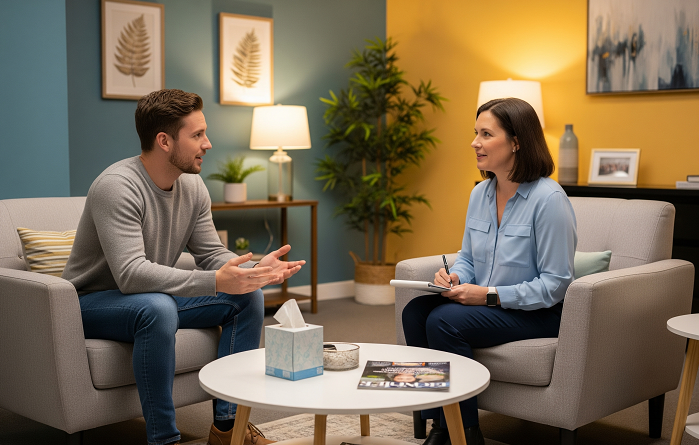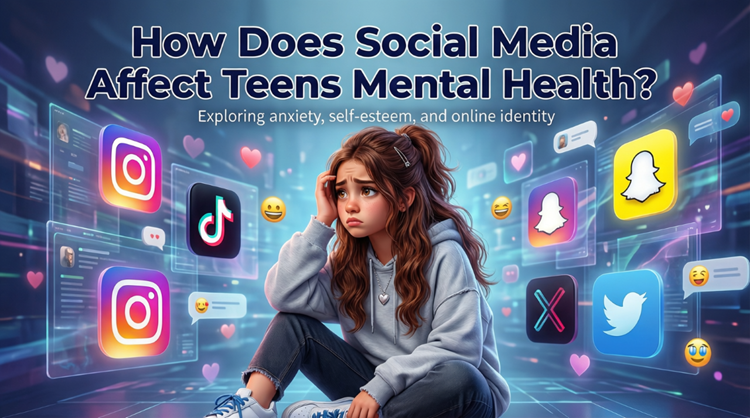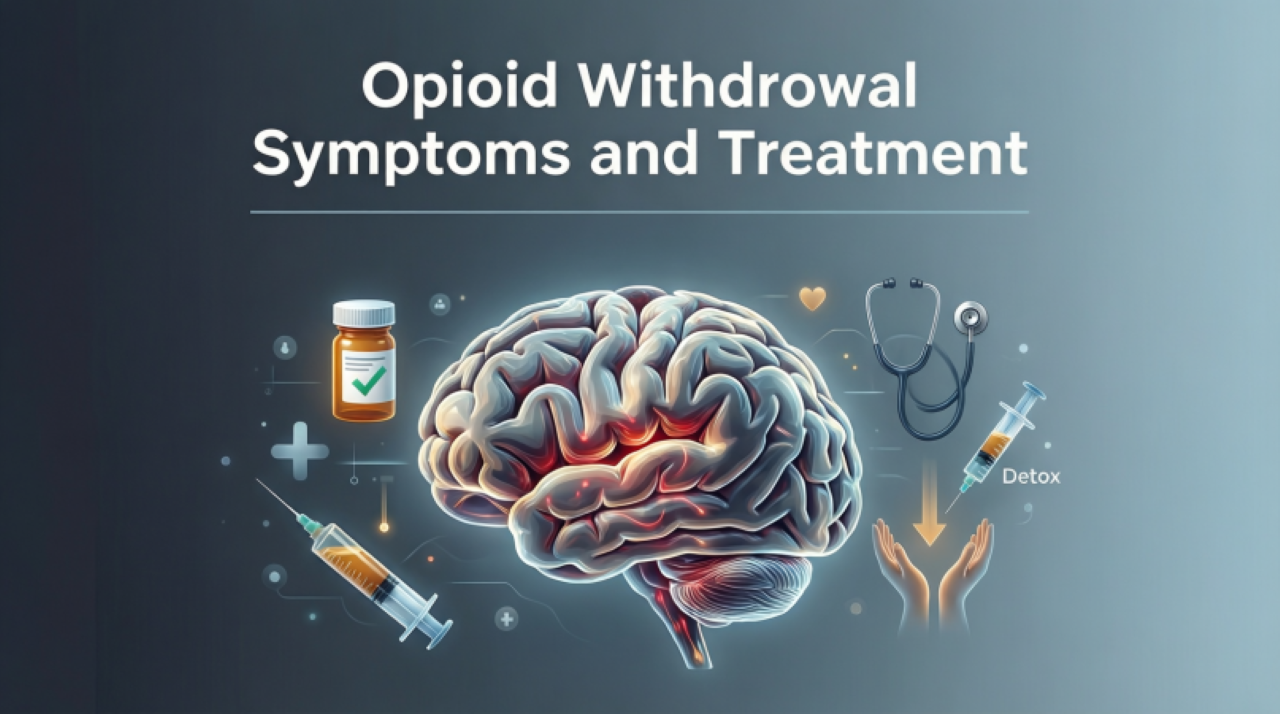When you or a loved one are dealing with mental health issues, it may seem daunting to locate the appropriate level of care. Most individuals get to learn about outpatient programs but they ask themselves: Is an outpatient program the right program to undertake? To assist in your consideration, this blog discusses outpatient programs, who should use them, what to anticipate and the numerous advantages they offer.
What is an Outpatient Program?
An outpatient program is a form of mental health or addiction care provided in a structured form, which enables the patient to be provided professional care and at the same time lives at home. Outpatient programs do not involve the need to stay over as it is the case with inpatient or residential care.
These programs are differentiated in the level of their intensity, as most of them include regular outpatient treatment programs (hours a few times a week), and intensive outpatient programs (IOPs), which include several sessions per week. Outpatient programs may involve:
- Individual therapy sessions
- Group therapy and support groups
- Drug care (where necessary)
- Skill-building workshops for stress, coping, and relapse prevention
- Family therapy sessions
The flexibility enables a person to have work, school, and family obligations and still have a regular, organized care.
Who is an Outpatient Program Best Suited For?
Outpatient program mental health treatment is best suited to those who:
- Show mild to moderate symptoms that do not need 24/7 supervision.
- Have a good support system in the home or the community.
- Want to get better and ready to attend the regularly organized sessions.
- Have undergone an inpatient treatment program and is now requiring step-down care to get back to the normal routine.
- Able to handle their day-to-day activities including school, work, or family, but requires therapy.
As an illustration, an adult outpatient program can prove to be an excellent alternative when a person facing depression, anxiety, substance use disorder does not need hospitalization but needs to be guided by professionals in order to cope with their recovery process.
What to Expect in an Outpatient Program
When thinking of outpatient treatment program, you can generally expect the following:
1. Comprehensive Assessment
Clinicians will fully examine your mental and physical health and individual needs before starting it. This will make sure that the program is specific to your circumstances.
2. Flexible Scheduling
The majority of the outpatient mental health processes are flexible. They are allowed to take place in the morning, afternoons or even evenings, so that you can more easily continue to work or attend school.
3. Therapy Sessions
You will be engaged in a combination of individual therapy (one-on-one with a licensed therapist) and group therapy (along with peers with identical problems). The sessions aim at triggers identification, coping skills development, and personal goal setting.
4. Medication Management
In the case of people who need medication, outpatient programs may provide access to psychiatrists or nurse practitioners to make continuous monitoring and changes.
5. Continued Support
Outpatient programs focus on long-standing success, which provides you with skills designed to prevent relapses and links you with community resources and follow-up care.
Benefits of an Outpatient Program
Outpatient programs have a lot of benefits over inpatient treatment. Some of the best advantages are as follows:
1. Flexibility
Outpatient care does not keep a person idle as he/she is getting treatment. This is particularly useful in adult lives when one has job, school or family commitments.
2. Affordability
Outpatient programs can be less expensive than inpatient treatment because outpatient programs do not involve housing or 24-hour medical care.
3. Family Involvement
Family therapy is part of many programs and assists loved ones in making more sense of mental health issues and effective support.
4. Continuity of Care
Outpatient programs facilitate the process of returning to normal life of those who are leaving an inpatient facility to ensure that after terminating the residential treatment, recovery does not end.
5. Real-World Application
Outpatient treatment enables one to directly practice coping skills and coping abilities in everyday settings and this strengthens long-term recovery.

Seek Help Today
Choosing the outpatient program that is suitable to you can be determined by needs, support system, and motivation. When you are in doubt, talking to a mental health specialist can assist you in making the correct decision.
At Florida Atlantic Coast Treatment Solutions, we offer evidence-based, outpatient mental health programs, including intensive outpatient programs that are compassionate to help you find balance and flourish once more. Together with you, our team will collaborate to identify the most effective treatment plan to be used in your recovery process.
Call us today (844) 643-2287 to get to know more about our outpatient treatment programs and make the first step towards getting healed.
FAQs About Outpatient Programs
1. What is the meaning of outpatient program?
An outpatient treatment is a form of treatment where a person receives mental health or substance use disorder treatment without spending the night in a treatment facility.
2. What is an example of outpatient treatment?
These include personal therapy, social therapy, medication treatment and intensive outpatient program (IOP).
3. What do you do in an outpatient program?
You come to therapy sessions, attend to group discussions, learn how to cope and get constant support in managing symptoms or recovery.
4. Is outpatient the same as therapy?
Not exactly. An outpatient program may involve therapy, although most outpatient programs provide other services, such as education, group sessions, and medication support.
5. What do outpatient services mean in mental health?
Outpatient services in mental health are treatments that do not involve a stay in hospital including counseling, psychiatric care or support groups.


